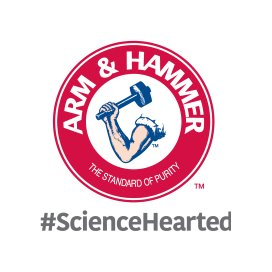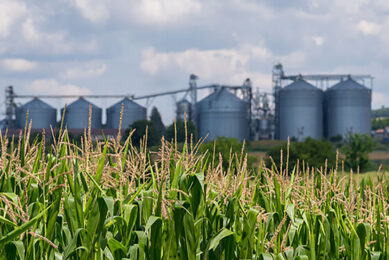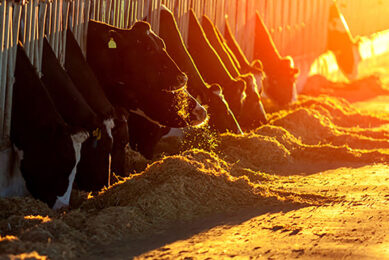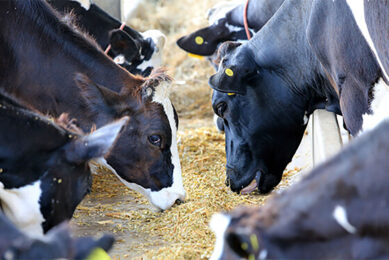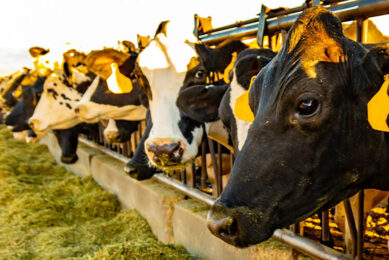What you can do now to improve milk quality
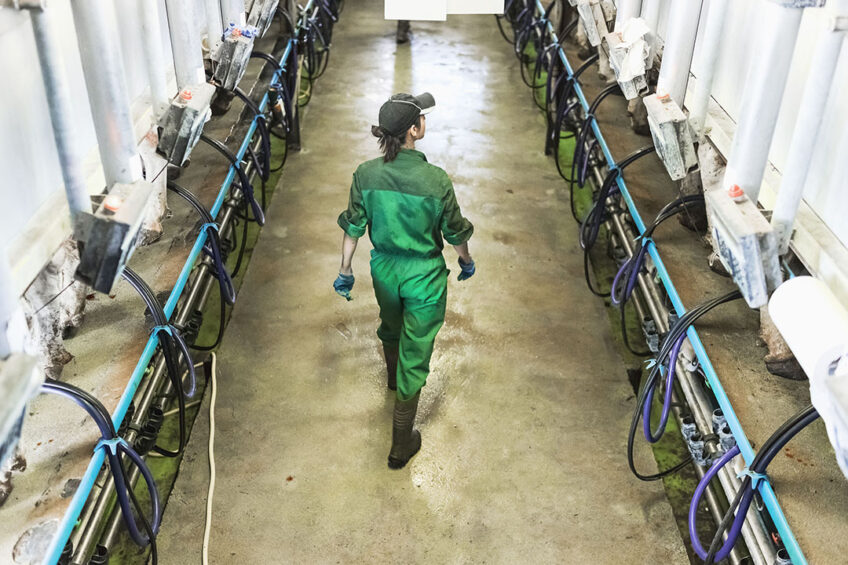
Producing high quality milk remains the ultimate objective for any dairy producer. No matter what your volume goals may be, you’ll want to consider how somatic cell count (SCC) and protein content impact dairy product flavour, shelf life and cheese yield. It’s also critical to keep out contaminants to meet mandatory standards, market expectations and consumer trust.
In short, milk quality matters. Obviously, the range of factors affecting milk quality varies greatly, including everything from animal genetics and hygiene to product handling and weather. The cow’s diet also plays a critical role. Deficiencies in energy or essential nutrients can have a noticeable impact on a cow’s ability to resist mastitis pathogens—and maintaining the cow’s immune system can help her combat the bacterial challenges that cause high SCC.
The role of refined functional carbohydrates
To help support the immune system of lactating cows, one management solution is to use a feed supplement containing refined functional carbohydrates (RFCs). Yeast and yeast products have long been used in ruminant nutrition to manipulate rumen fermentation and get a production response. Recently, however, researchers also observed that feeding derivatives of the yeast cell wall influenced the composition and metabolic activity of the intestinal microflora and had beneficial effects. These RFCs can help the lactating cow become more resilient against environmental challenges, including bacteria that impact milk quality.
Somatic cell count reduction
Research shows how boosted immunity translates into higher milk quality. In 3 separate studies, cows fed Celmanax, an Arm & Hammer Animal and Food Production product produced with RFCs, had numerically lower SCCs compared with control groups without supplementation (Figure 1).
Figure 1 – Somatic cell count (X 1000 cells/ML).
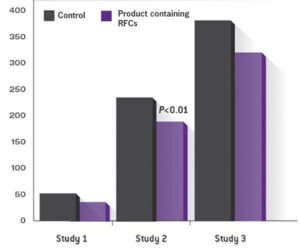
Controlling aflatoxins in milk
Another milk quality concern is potential carryover of aflatoxin in milk caused by Aspergillus flavus fungus and related species of moulds in feed. Although many types of mycotoxins occur commonly in feed, a specific concern for dairy feed is aflatoxin B1, which converts to the metabolite aflatoxin M1 during digestion. Aflatoxin M1 can then transfer to the cow’s milk. At high levels, aflatoxin M1 is toxic to humans and animals.
It’s important to know that threshold limits for aflatoxin M1 in milk vary from country to country. Regardless of the threshold in your area, be sure to consider the risk of aflatoxin contamination. The levels of feed contamination vary from year to year based on growing conditions, but mycotoxins are almost always present. A 10-year study of mycotoxins in feed involving 72,821 samples from 100 countries found that mycotoxin contamination is the rule rather than the exception.
In research at 2 dairy production sites affected by aflatoxins, feeding RFCs helped mitigate aflatoxins carried over in milk. The study showed that supplementing rations with this product effectively blocked the transfer of aflatoxin M1 to the milk of cows fed the contaminated feed. Within 3 to 7 days of starting on the product, the cows no longer secreted aflatoxin M1 in milk (Figure 2).
Figure 2 – In vivo mitigation of Aflatoxin in milk when feeding product containing RFCs.
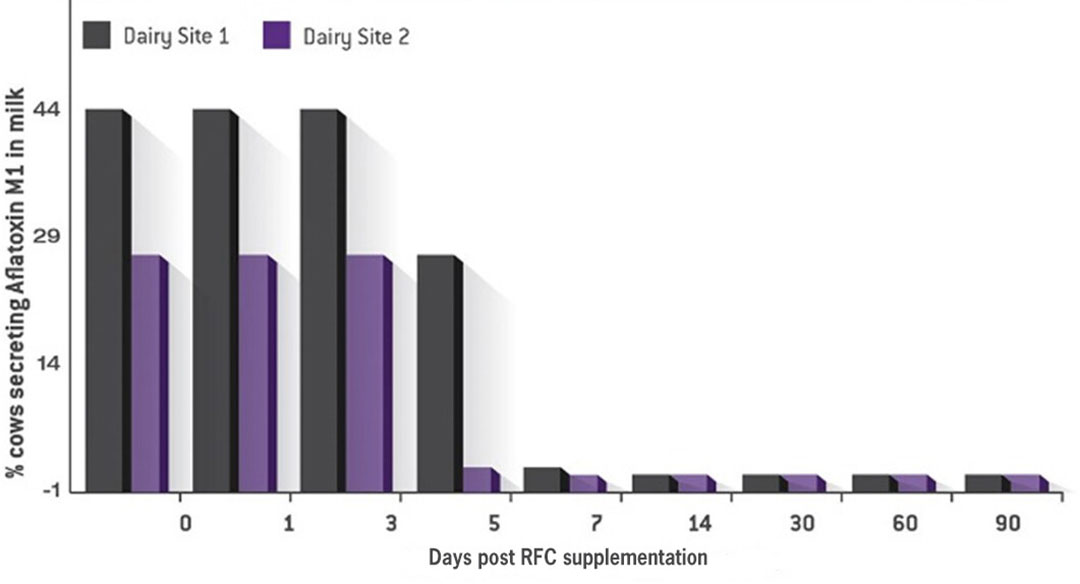
These RFCs work in synergy to help cows overcome multiple environmental stressors to maintain health and productivity—as well as milk quality.
For more information about RFCs and the role they play in milk quality, visit AHfoodchain.com.
References for research cited available upon request.


